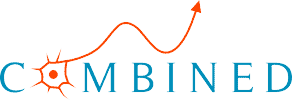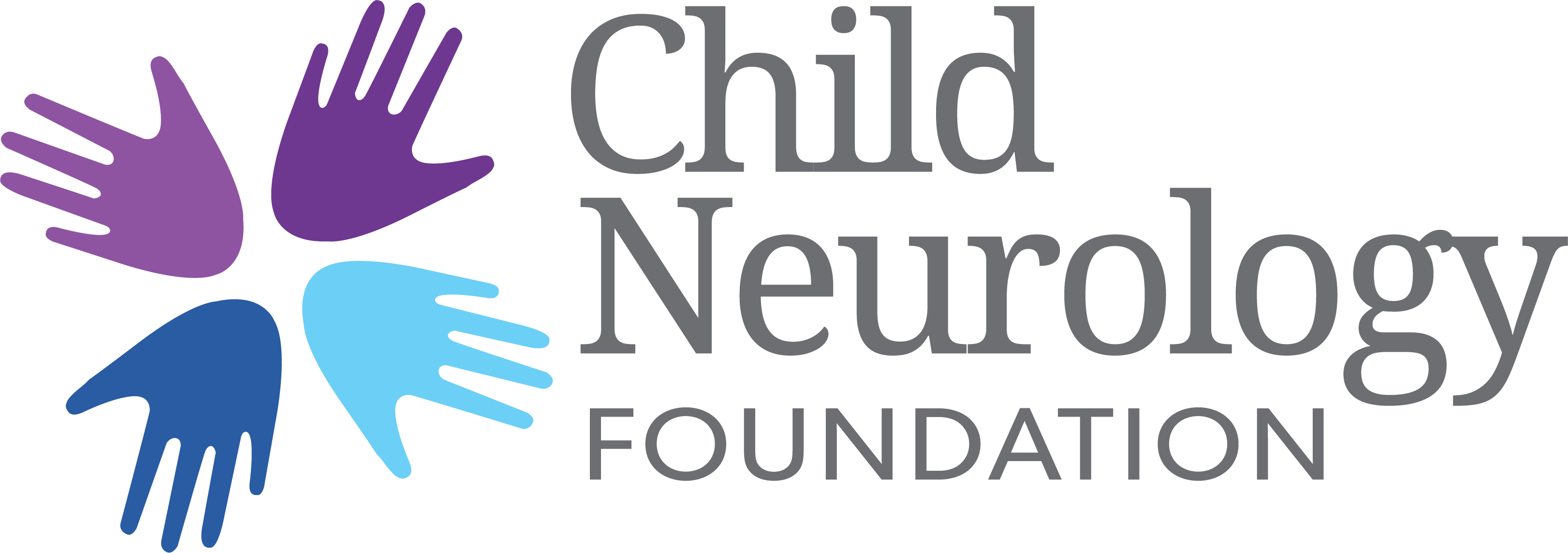The overall goal of Project FIND-OUT is to facilitate early and accurate genetic diagnosis of rare genetic neurodevelopmental disorders in infants between the ages of 3-12 months.

Project FIND-OUT aims to provide whole genome sequencing to 1,000 infants who are between the ages of 3 and 12 months. The specific research objectives are:

The Project FIND-OUT core collaborator group includes the following organizations:






Stay up to date with the latest news
Copyright 2023. All Rights are Reserved. Project FIND-OUT